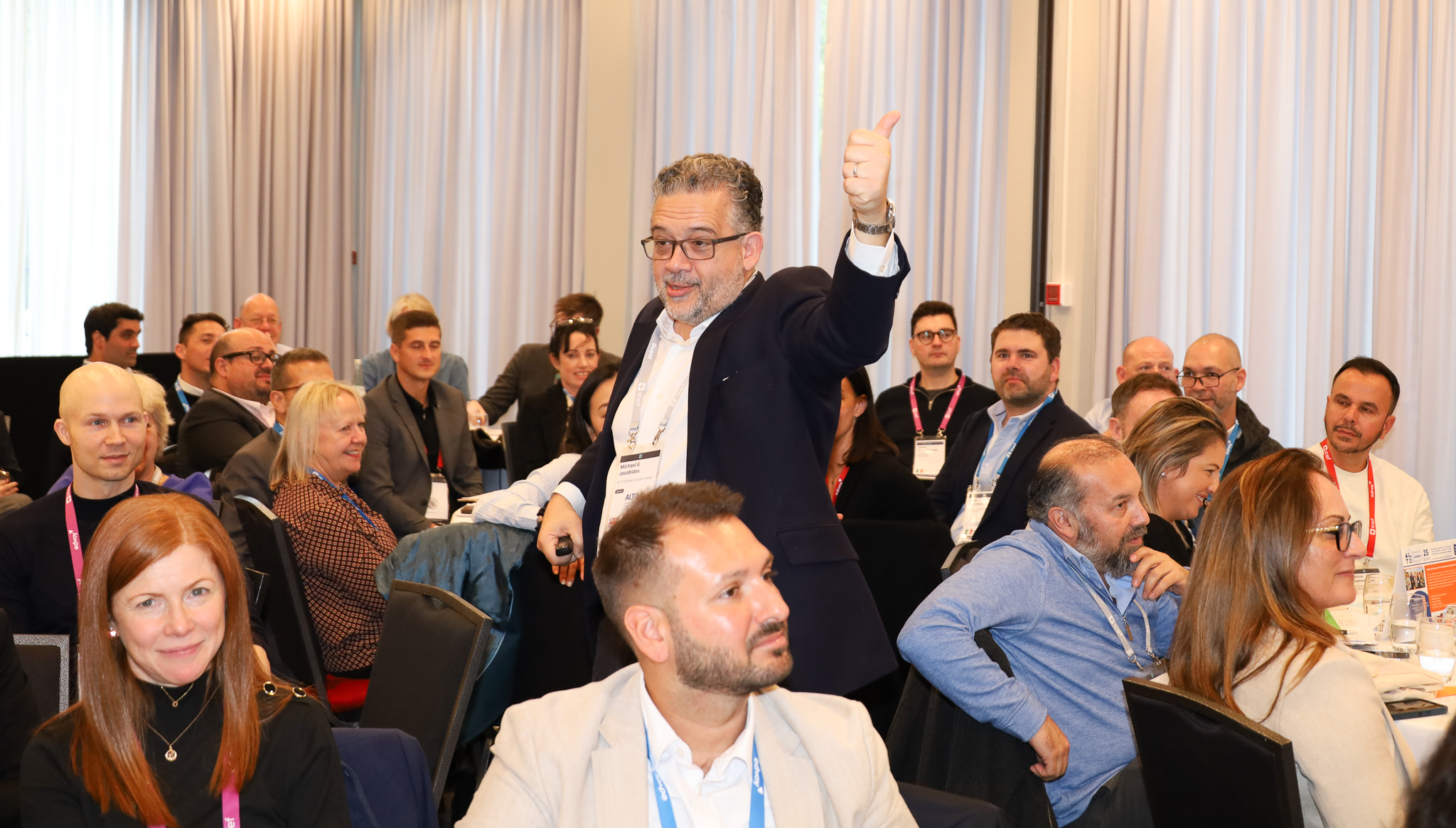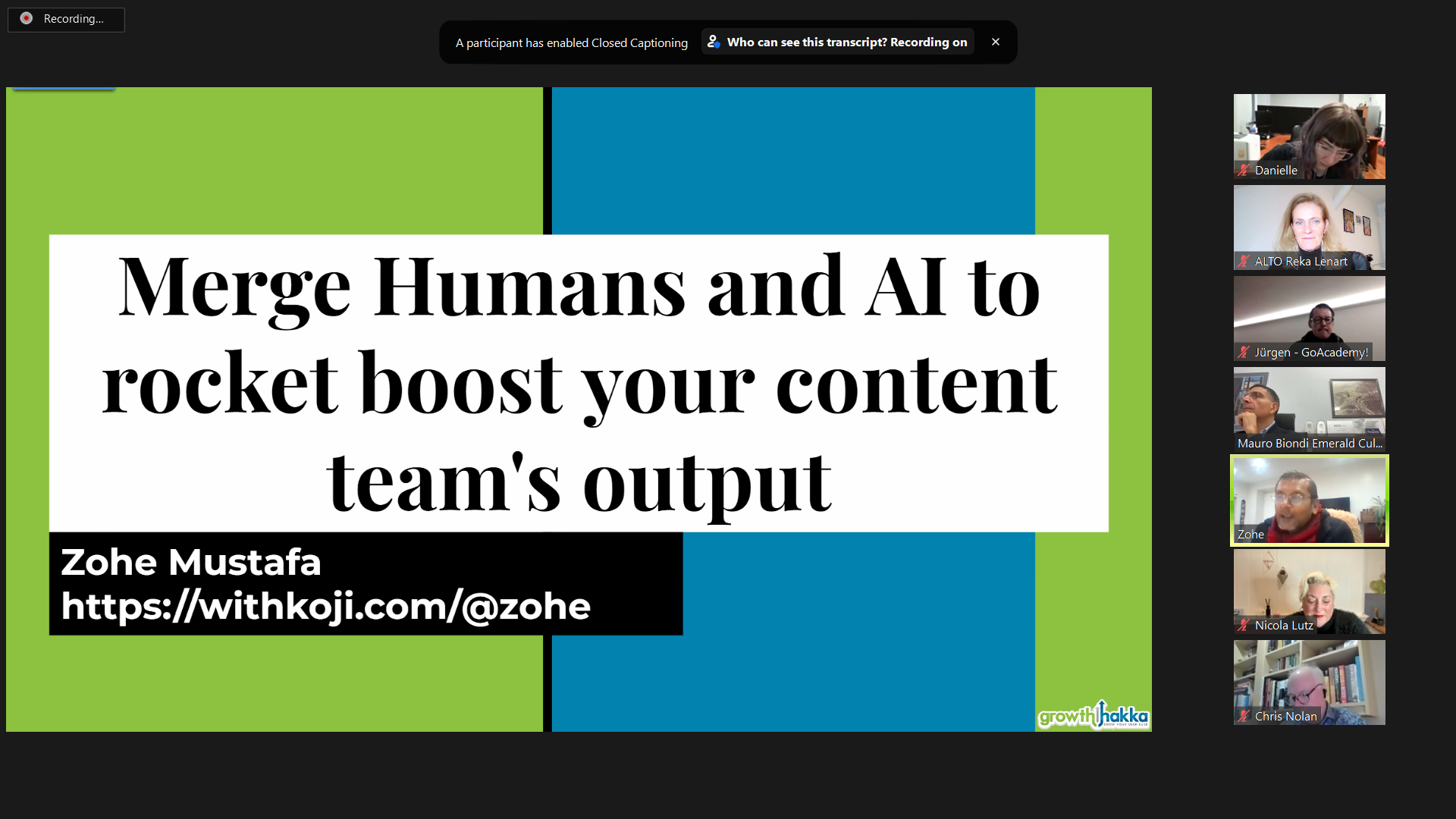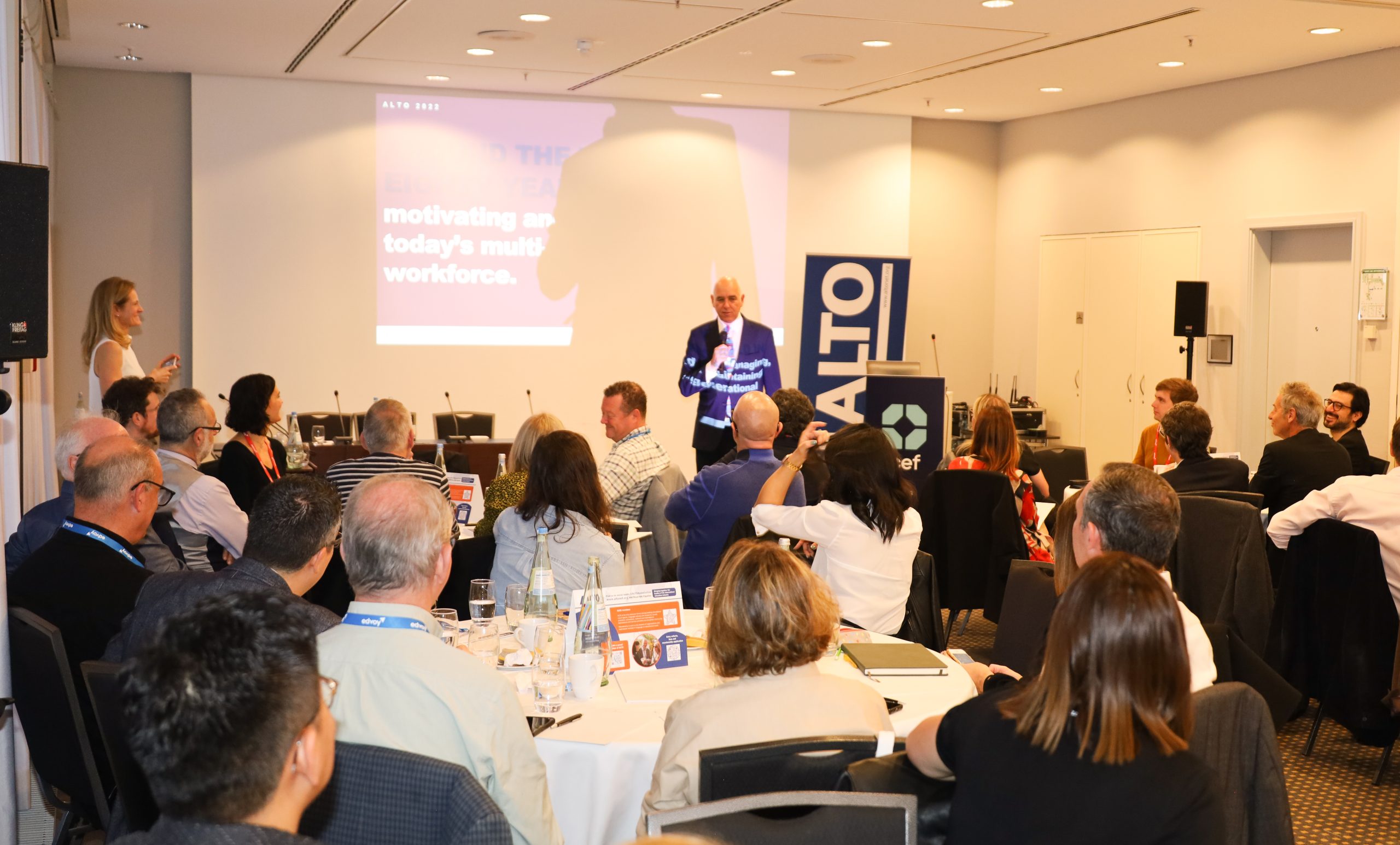Trust, tailored language, and personality traits are some of the key principles to focus on when using psychology to design effective websites and boost engagement online, according to ALTO Day Berlin 2017 keynote presenter Nathalie Nahai. Web psychologist, international speaker, and author of the best-selling book Webs of Influence: The Psychology of Online Persuasion (Pearson), Nathalie delivered two thought-provoking sessions.
Read on for a detailed overview of her presentations, and if you are a member, login and view the slides and video recordings.
Digital Marketing Tips and Tricks
In her first talk, ‘7 Psychological Principles of Persuasive Platforms’, Nathalie introduced various concepts to bear in mind, such as:
- Endowed Progress – when people are provided with a head start towards a goal, they exhibit greater persistence towards reaching it. By incentivising users to take the first step towards something on your website, such as offering users a discount on their first order, they’re more likely to complete the task.
- Cognitive Load – the total amount of mental effort being used in your working memory. Nathalie also explained that if websites can reduce the mental effort or “cognitive load” that users have to exert, it can encourage conversion. Nathalie used the examples of a single sign-on and a one-click check-out to exemplify this.
- Sunk-cost Fallacy – a tendency to continue an endeavor once an investment in money, effort or time has been made. People are generally reluctant to discontinue an activity once they have already put some effort in. Nathalie talked about how the Obama campaign encouraged people to commit to donating a particular amount before they had to input “difficult” details, such as their personal information. As people had already committed to the campaign by the time they had to do this task, she pointed out how they were more likely to complete it and donate their money.
- Appointment Dynamic – giving people special offers that are only valid for a specific time. This requires some research into what motivates users, which can vary depending on culture. She added that by updating and changing the layout and structure of a website or app frequently, it can encourage users to return.
- Processing Fluency – refers to content that is easy to process and which is perceived as more trustworthy than content that is less fluent. Nathalie suggested using repetition in language, jingles and calls-to-action to make users trust a brand more and therefore be more likely to buy from it.
- Hedonic Adaptation – over time, we become desensitised of the same thing. This is why popular games like Angry Birds continuously released new versions (e.g. Seasons, Outer Space). Education professionals were advised to use this principle by frequently updating their products and altering the student experience.
- Dopamine Loops – this chemical causes pleasure-seeking behaviour which is often rewarded, which makes a person crave that pleasure even more. Social media alerts offer a classic example.
Nathalie also said it is also possible to reduce the user’s “pain of paying” by designing websites that facilitate payments without users feeling as though they have actually paid. She used Uber as an example of this, since users do not know their final fare price until the journey is complete and they check the app or emailed receipt.
Other important tips included the use of a specific sans-serif font and high contrast, easy to read calls-to-actions with simplified language. Helvetica, she explained, is proven to induce a positive mood and makes information easier to process for users.
Colours can also be used to elicit particular responses; for example, green for reinforcement and red to stop.
Following her talk, Nathalie then facilitated table discussions where groups could ask questions about how websites or apps could be improved by applying the principles she had presented. After some lively presentations from ALTO members with plenty of useful takeaways for delegates, the first of the sessions came to a close.

Personalisation and Language
The afternoon session with Nathalie, ‘How to use the Big 5 for smart personalisation’ was open to all ICEF participants as a way of introducing ALTO’s professional development seminars to non-members. Her talk centred around five personality traits:
- Conscientiousness
- Extraversion
- Openness
- Agreeableness
- Emotional stability.
Nathalie said that by tapping into one or more of these traits, it is possible to reach a target audience in a more personal way. Trust, Nathalie told the audience, is the single most important element in e-commerce, as influences rest on how well people can trust something.
Trust is the single most important element in e-commerce, as influences rest on how well people can trust something.
Nathalie encouraged the audience to anchor themselves in their values, pointing out that 81% of millennials expect companies to make a public commitment to their values or CSR. To highlight this point, Nathalie mentioned B Corp, an increasingly popular website that allows for-profit companies to get certified if they have a good corporate social enterprise. She said people prefer brands that share their worldview and to leverage this, we need to “understand or mirror our audience”.
To create attractive headlines Nathalie said, you must have good content that delivers on its promise. She added that is vital to test out different words to see how an audience responds differently to them.
Nathalie gave the example of using different language when speaking to people scoring highly in extroversion compared to the language used when targeting people scoring low on emotional stability – such as those who are looking to book a junior summer camp. However, Nathalie warned attendees not to take this test too far as personalised content can have a psychological cost if people feel companies are impacting their privacy.
Tables of delegates then took part in a group exercise, which asked them to optimise a message for a particular group by using suitable language. This final exercise led to many creative suggestions and much food for thought with groups making great use of specific language to target specific groups of students.

ALTO Updates

In addition to the personal development sessions, ALTO also hosted a networking lunch where an honorary membership was presented to CEO of CUBO Jan Capper, who has been a pre-eminent figure in the language travel sector for many years.
ALTO’s AGM was also held at the event in Berlin. During ALTO’s AGM, news included a revisiting of the ALTO Standard project and that the Deloitte benchmarking report has been closed due to a low response rate from members. The project was launched in response to a shortage of good quality data from across the industry. Director of Oxford International Education Group David Brown suggested the lack of response is down to survey overload; that people are asked to complete too many surveys in the course of a year and have therefore lost interest.
ALTO’s new approach is to create a “report of reports” by accessing all the relevant reports that exist across the sector and amalgamating the data into one report. The first report will focus on English language destinations by gathering the reports produced by national associations.
ALTO’s next event will take place in New York from 29 April – 1 May 2018 to celebrate the association’s 20th anniversary. Register your interest now!







